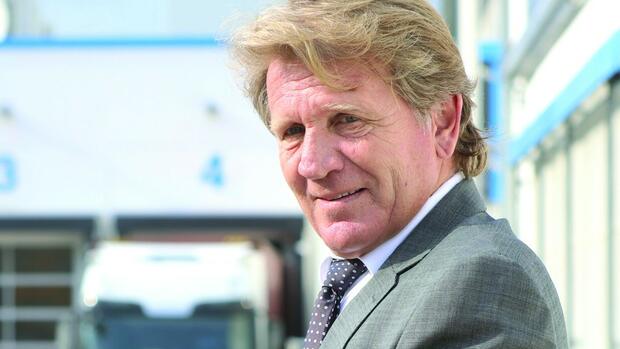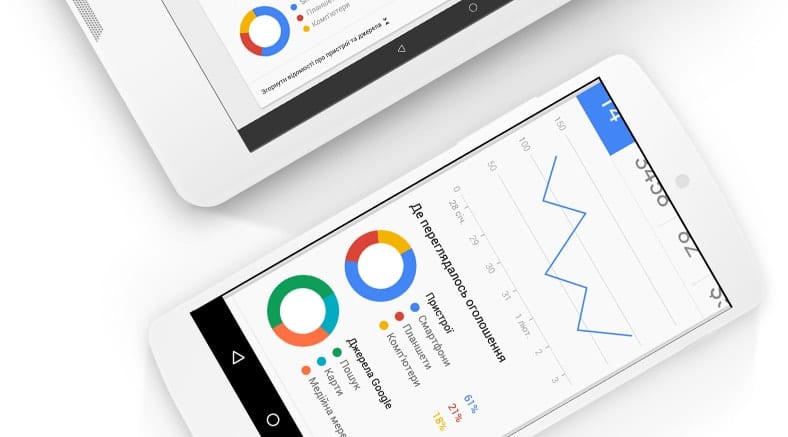Munich Thomas Rudel just can’t get his hands on chips. “The delivery times for individual product groups are still critical,” complains the boss and owner of the electronics distributor Rutronik. The pandemic may be over, but the resulting supply bottlenecks for electronic components are not.
The entrepreneur from Baden finds it all the more incomprehensible that Europe relies almost exclusively on US corporations for the wholesalers of electrical components that are so important for the domestic industry. 93 Percent of the electronics distribution in Europe is in the hands of US companies: “We are the only supplier that fights against the Americans,” says the 59-year-old.
Rutronik is globally active with 82 branches. Nevertheless, the company is “almost too small to tackle the huge US conglomerates,” explains Rudel. And this despite a turnover of 1.1 billion euros per year and more than 1800 employees.
Thomas Rudel’s father Helmut founded Rutronik 50 years ago. The company from Ispringen near Pforzheim is still family-owned – and this is probably the biggest difference to the US competition, which went on a shopping spree with billions from the capital market and has thus grown massively over the years.
Top jobs of the day
Find the best jobs now and
be notified by e-mail.
Meanwhile, the EU Commission has also recognized the deficits in chip production and announced the catch-up a year ago. In view of the shortage of chips, the EU states should become more independent of manufacturers overseas and double their global market share, according to Commission President Ursula von der Leyen.
Rutronik-Design Center
The electronics distributor has a turnover of 1.1 billion euros per year and more than 1800 employees.
(Photo: Rutronik)
Brussels and Berlin also want to boost semiconductor research with billions in aid. But no one thought about distribution, Rudel is indignant, the dependence is blatant.
For most customers of electronic components, the so-called distributors are vital for survival. After all, the majority of the chip companies supply only a few dozen particularly high-turnover customers directly, brands such as Apple, Bosch or Lenovo. Everyone else has to buy from distributors. A look at Infineon’s figures shows how important these wholesalers are. Germany’s largest semiconductor manufacturer generates more than half of its sales with them.
The shortage of skilled workers also affects the medium-sized company
Nevertheless, the politicians do not care that European distributors are strengthened, says entrepreneur Rudel. On the contrary, the average tax burden of US competitors is much lower. “As a result, we lack the money to be competitive.“ Meanwhile, chip companies such as Intel and Infineon can count on billions of euros of state support for their new plants in Magdeburg and Dresden.
Rutronik and large parts of the German electronics industry are dissatisfied with the funding for another reason. In recent months, the governments of the USA, Japan, South Korea and Taiwan have decided on huge funding programmes for the semiconductor industry. Meanwhile, half a dozen huge new chip factories are being built in America.
>>Read here: Europe? No, thanks! Why a big Japanese chip company spurns the EU billions
Europe, on the other hand, is lagging behind and is still debating its own strategy. “This is taking too long for us, the USA is one and a half years ahead,” says Gunther Kegel, president of the industry association ZVEI. “The Americans are making more aggressive progress,” says Jan-Hinnerk Mohr, semiconductor expert at the consulting firm Boston Consulting Group.
A medium-sized company like Rutronik is also more affected by the shortage of skilled workers in this country than the big ones, Rudel continues: “70 percent of our products are highly in need of explanation.“ It is vital to get competent people. In any case, creating hundreds of jobs in India, as US competitors do, is not an option for him.
US competition is many times greater than Rutronik
There is no political initiative in Germany to bring together the many distributors of the second and third series in order to produce a powerful provider. “Small and medium-sized enterprises will no longer be able to do this in the future, and there would be many synergies,” says Rudel. Of course, he himself lacks the means to promote consolidation in this country.
In fact, the US competition is many times greater. The Arrow Group, for example, generated sales of a good nine billion dollars in the third quarter and posted a profit of 342 million dollars. The figures show that electronic components are more in demand than ever: this was the best third quarter of all time, CEO Sean Kerins emphasized. “Although the supply is improving moderately, it is still not enough to catch up with the backlog that has built up in the previous quarters.“
Rutronik-Logistics Center
The US competition is many times greater.
(Photo: Rutronik)
At US rival Avnet, revenues increased by more than a fifth to $ 6.8 billion in the most recent quarter. Operating profit even increased by more than 70 percent to $ 290 million. Even the not-so-powerful US competitor Digikey still has an annual turnover of 4.5 billion dollars.
“Everything for the board”
Rudel sees the strength of his company to this day in providing the most comprehensive offer possible. That means: “Everything the customer needs on the board.“ Many competitors, on the other hand, mainly offer high-margin semiconductors. On the other hand, he also has many passive components and electromechanical components, such as switches.
This is particularly interesting for small, owner-managed companies. All in all, Rutronik sends 120 billion components to all over the world every year, according to its own data. The engineers at Rutronik also develop complete electronic systems.
>>Read here: This is how semiconductor researchers in Belgium are shaping our future
However, Rudel has paused all plans for acquisitions for the time being. With rising interest rates, it is becoming increasingly difficult to get capital. The entrepreneur is also afraid of tax increases in Germany, which could weaken his earning power.
An IPO is not an option for Rudel. The fact that he has to let the US competition go is difficult for the electrical engineer to bear. But to give up control over your own business? No way.
More: Chip industry in Germany wants to play an important role in quantum computers









